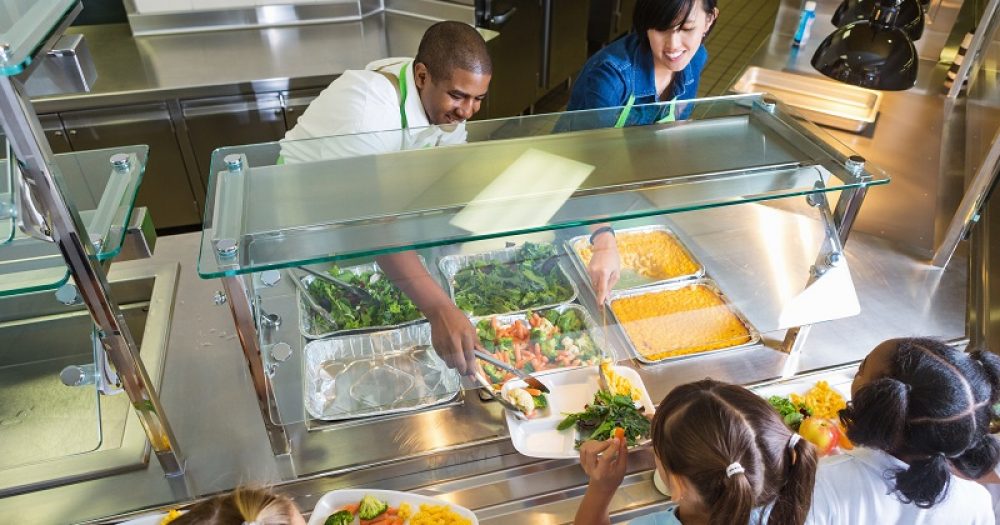School caterers are increasingly having to alter menus and rely on more processed ingredients due to continuing cost and supply pressures, a new survey has found.
Research from the LACA, which represents school caterers, found its members had on average experienced a rise of 30 per cent in the cost of food items since May.
The findings, from a survey of organisations providing services across 9,874 schools, also showed that supply issues were continuing in kitchens.
Ninety-one per cent said they were still experiencing food shortages and substitutions in September, while 60 per cent said the situation had not changed or worsened since May.
As a result, more than three quarters – 76 per cent – said they had made alterations to menus, while 30 per cent had reduced the choices available to pupils.
The number of members swapping raw ingredients for alternatives such as packet mixes has also risen over the past six months.
More caterers replacing raw ingredients in school dinners
While 43 per cent of respondents in May told the LACA they either had or were considering increasing the use of processed foods, the proportion had risen to 54 per cent last month.
More than half, or 52 per cent, said they expected school food quality to worsen as a result of supply and cost issues.
It comes after the government announced an increase in funding for universal infant free school meals of just 7p per meal, while funding for means-tested meals for older pupils rose by just £10 a year.
Commenting on the survey’s findings, LACA’s chair Brad Pearce said: “The challenges facing our industry are set to get worse over the coming weeks and months.
“Without an increase in school meal funding the most vulnerable children in our society will go without, possibly, their only hot, healthy, and nutritious meal of the day.”
It also comes after the government launched a pilot aimed at driving up food standards in English schools.
Under the scheme, co-led by the DfE and the Food Standards Agency, council officers will undertake routine food hygiene inspections and ask questions and make observations about “nutrition-focussed” issues. It will run throughout the school year until July 2023.
Recruiting kitchen staff is also an issue
Catering providers are also struggling to recruit staff to kitchens, according to the report. Just nine per cent said they had no issues with recruitment, while 74 per cent said they had experienced a lack of applicants to posts including chefs and kitchen assistants.
Asked if the number of hours available for positions was having an impact on recruitment, 58 per cent said yes.
The LACA noted that because providers employ staff for “varying hours and at very specific times of the day”, other low-paid roles in retail or care could offer greater flexibility and support.
Schools Week recently revealed that vacancies for non-teaching support roles within schools had almost doubled since 2019, with unions and headteachers highlighting that staff were leaving for higher wages and greater flexibility in the private sector.
The Department for Education was contacted for comment.
















Your thoughts